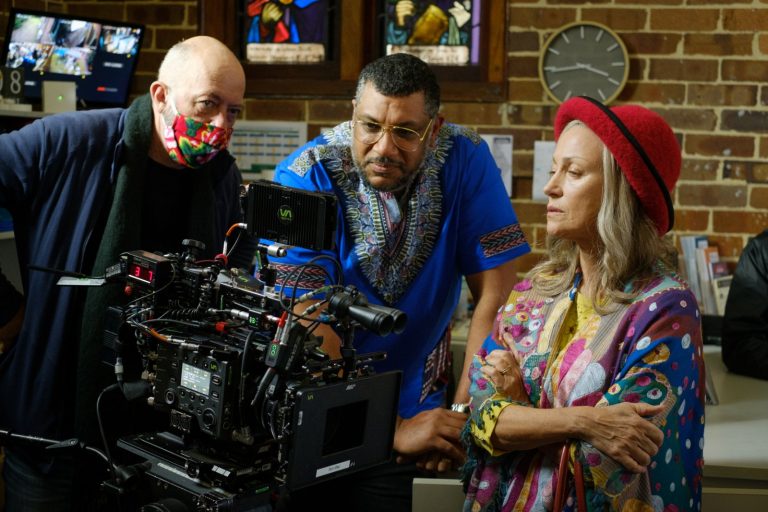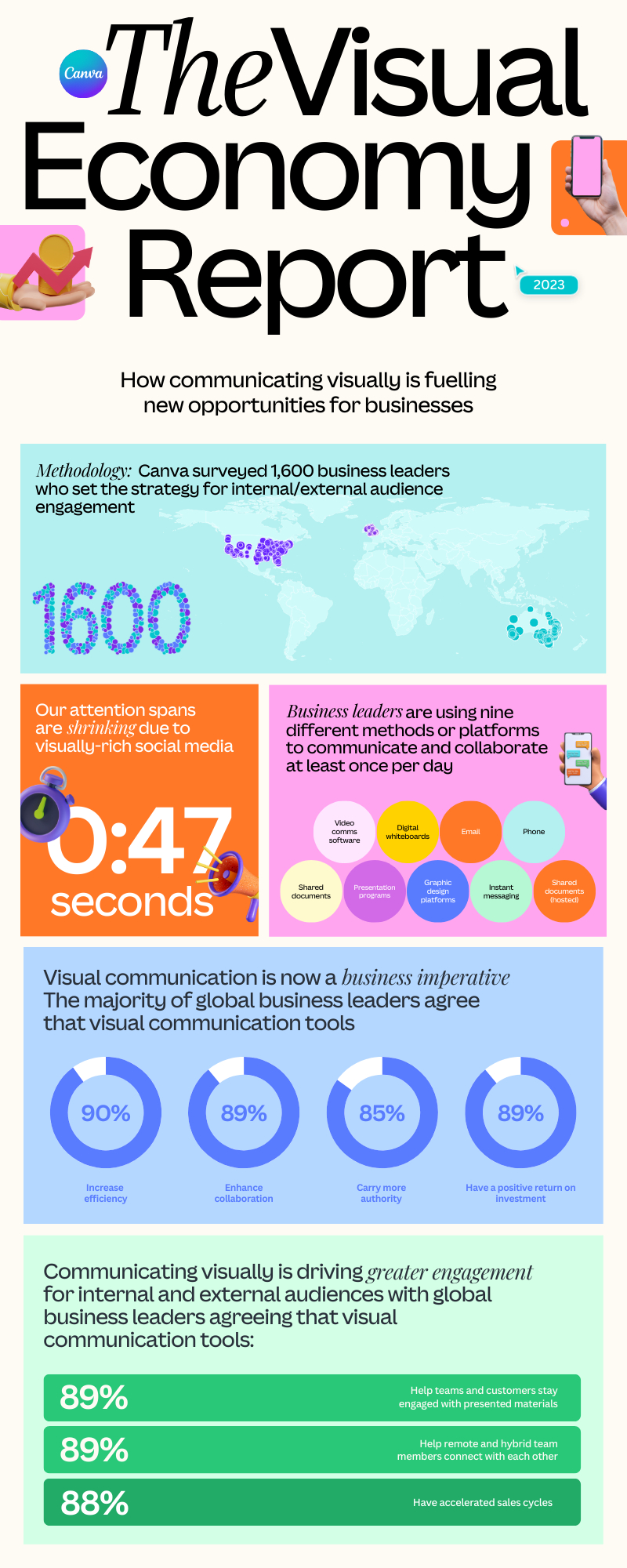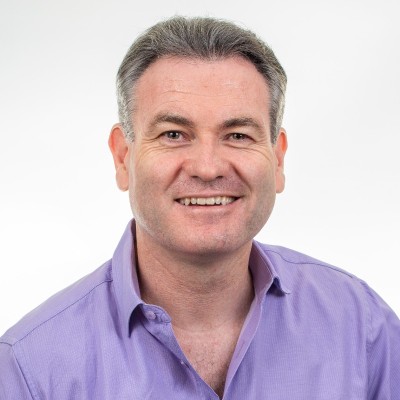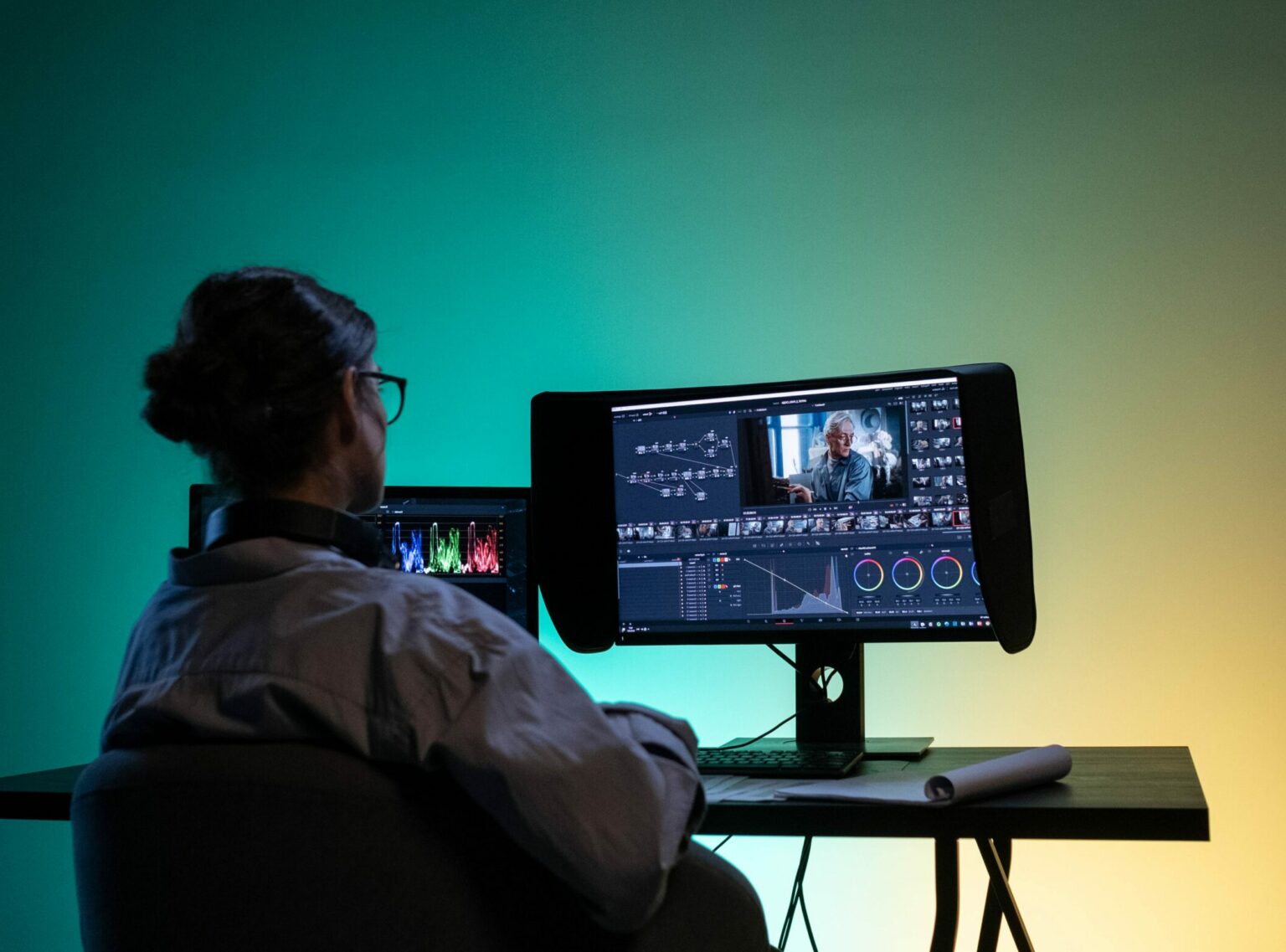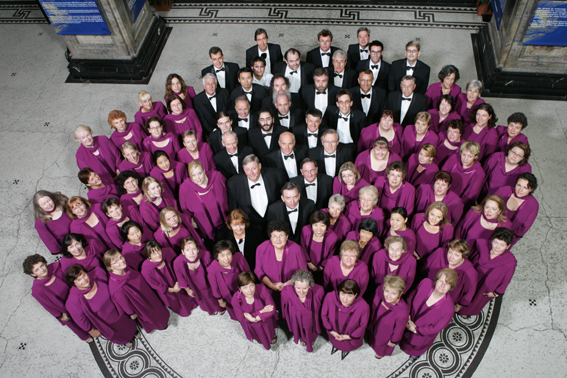Asia Pacific Screen Academy announces 16th Annual APSA Ceremony, juries and president Clara Law
THE Asia Pacific Screen Academy (APSA) has unveiled all 2023 Jury members leading up to the 16th Asia Pacific Screen Awards Ceremony, set to take place on Friday, November 3 at Home of the Arts (HOTA) on the Gold Coast.
Clara Law, a pioneer of Asian-Australian cinema and an internationally acclaimed auteur filmmaker, will preside over the APSA International Jury in 2023. A writer, director and producer, Ms Law (Australia) has been making features across two continents for almost 40 years. 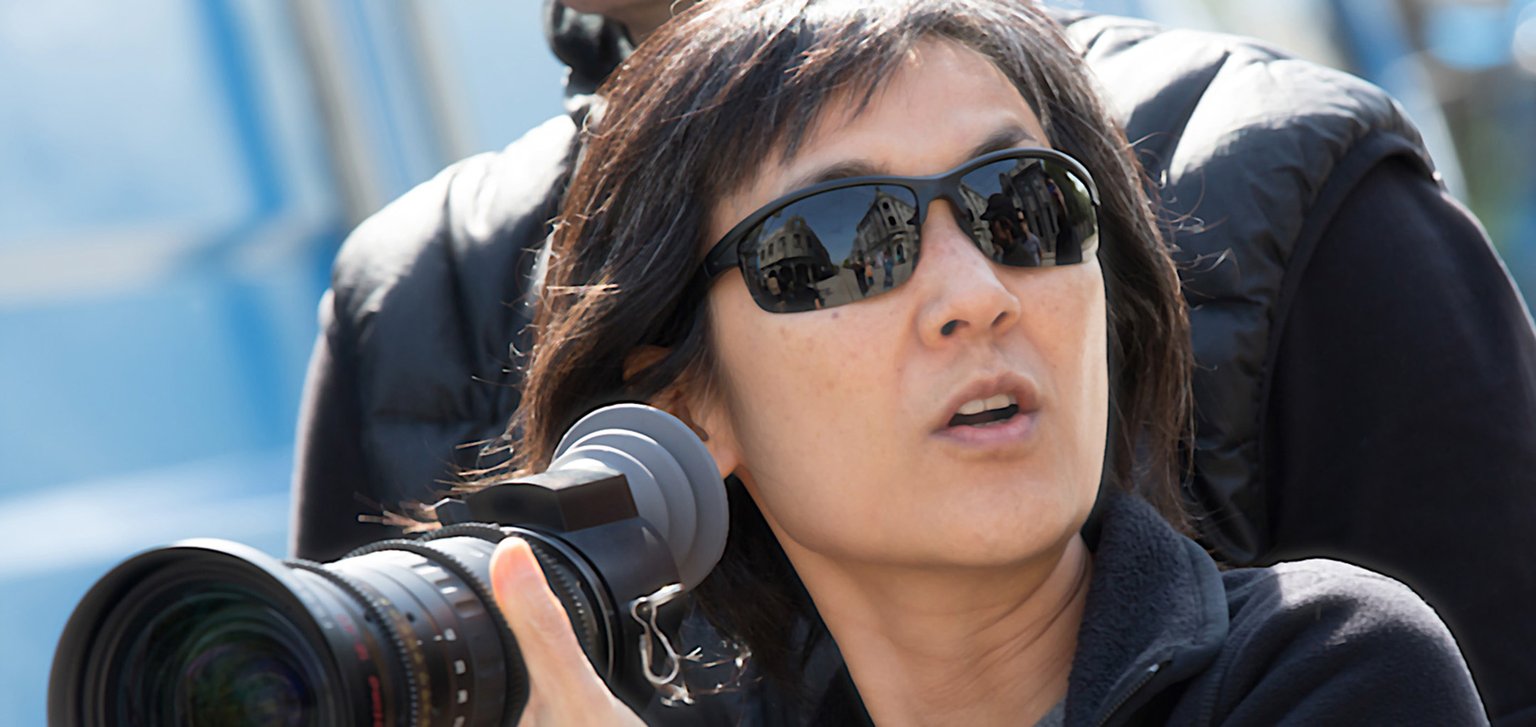
Her filmography includes Autumn Moon (1992), The Goddess of 1967 (2000), Floating Life (1996) and the documentary Letters to Ali (2004). Her most recent feature, Drifting Petals (2021) was made across three of the places she has called home – Australia, Hong Kong and Macau – and won a prestigious Golden Horse Award for Best Director.
The APSA red carpet and gala ceremony event will be attended by nominees, jurors and special guests from across the 78 countries and areas of the Asia Pacific and will honour cinematic excellence from the vast and culturally diverse region.
Running concurrently, the 5th Asia Pacific Screen Forum will take place from November 1-4, also at HOTA. The four-day event will enable local filmmakers, nominees and international delegates to engage through a series of panels and presentations, roundtable discussions, networking events, workshops and screenings.
Joining jury president Clara Law on the 16th APSA International Jury are:
Malaysian performer Yeo Yann Yann, a multiple award-winner best known for her big-screen roles in Anthony Chen’s Ilo Ilo (2013) and Wet Season (2019), which saw her become a two-time Golden Horse Award and Asian Film Award winner. Her work in television has seen her nominated for an International Emmy (Invisible Stories, 2020) and she is currently nominated for a Hollywood Critics Association TV Award for American Born Chinese.
Anna Katchko (Germany) is a highly successful producer working across multiple countries. Since the beginning of last year alone she has had three films receive major international acclaim: Ukrainian film Stepne won two awards at the Locarno Film Festival; Happiness, from Kazakhstan, won the Audience Award at the 2023 Berlinale and, also from Kazakhstan, Bauryna Salu is selected to premiere this week at the 2023 San Sebastian Film Festival.
Hideho Urata (Japan, Singapore) is an acclaimed cinematographer on films including the multi-award winner A Land Imagined (2018) and most recently Plan 75, which received a Special Mention at the 2022 Cannes Film Festival and saw him nominated for an Asian Film Award for cinematography in 2023.
Saudi Arabian film industry pioneer, producer Faisal Baltyuor is currently the CEO of Muvi Studios, the production arm of biggest cinema chains in Saudi Arabia. He was formerly the CEO of the Saudi Film Council, which was the first Saudi governmental entity founded to support the film industry in Saudi Arabia. He most recently co-produced the Sudanese feature Goodbye Julia, which was selected for Cannes Un Certain Regard – the bold and innovative section of the festival – in 2023.
The APSA Youth, Animation and Documentary International Jury for 2023 will be chaired by Taiwanese filmmaker Midi Z, a writer, director and producer of both fiction and documentary features selected for Cannes (Nina Wu, 2019), Berlin (14 Apples, 2018) and beyond.
He will be joined by Indian writer, director and producer Rima Das, whose acclaimed 2017 film Village Rockstars, about a rebellious young girl who wants to form a rock band, was the first Assamese-language film to be India’s Oscars submission. Also judging the section is acclaimed documentary maker Hikaru Toda (Japan), whose APSA nominated 2017 feature Of Love & Law told the story of the first and only law firm in Japan run by an openly gay couple.
“APSA is honoured to welcome such accomplished filmmakers to the Jury for the 16th Asia Pacific Screen Awards,” chair of the Asia Pacific Screen Academy, Tracey Vieira said.
“The Jury will deeply engage with peers at the APSA Screen Forum and with Asia Pacific Screen Academy members whilst performing the important task of selecting the outstanding films and performances for the year. The APSA Academy proudly grows to be more than 1,500 members strong in 2023, reflecting the exceptional screen storytelling expertise of the region and the cultural diversity that makes up this vast area like never before.”
The Asia Pacific Screen Awards and Forum are presented by the Asia Pacific Screen Academy with the support of major partners the City of Gold Coast, Screen Queensland, the Motion Picture Association and Griffith Film School, Griffith University.
The full list of nominations for the 16th Asia Pacific Screen Awards and the full Forum programme will be announced on October 4.
ABOUT APSA
The Asia Pacific Screen Academy (APSA) has presented the region’s highest accolade in film, the Asia Pacific Screen Awards since 2007. APSA ignites and honours the cinematic excellence and cultural diversity of the world’s fastest growing film region: comprising 78 countries and areas, 4.5 billion people, and responsible for half of the world’s film output. 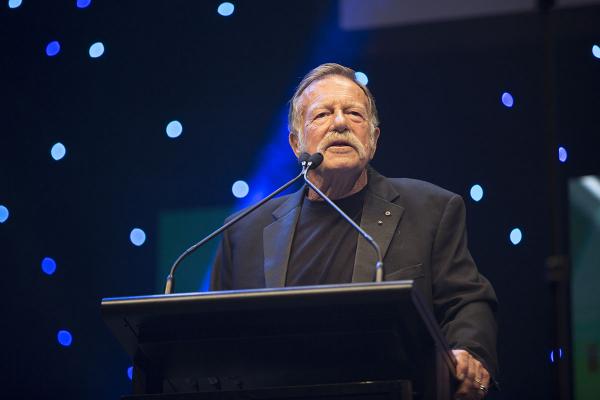
APSA and its Academy is committed to its ongoing global partnerships with FIAPF, the European Film Academy (EFA), the Motion Picture Association (MPA), Premios Platino del Cine Iberoamericano, NETPAC (the Network for the Promotion of Asian Cinema), the Asia Pacific Screen Lab (APSL) and Griffith Film School.
All APSA nominees, Nominations Councils and Jury members are inducted into the prestigious APSA Academy presided over by Australian screen legend Jack Thompson AM PhD. In 2023 the Academy totals more than 1,500 members of the region’s leading filmmakers. It provides exclusive networking, development and funding opportunities available to Academy members through the MPA APSA Academy Film Fund, and Academy mentoring opportunities for the next generation of Asia Pacific filmmakers through the Asia Pacific Screen Lab.
The awards venue, HOTA, on Australia’s Gold Coas, is located on the traditional lands of the First Nations Kombumerri families of the Yugambeh Language Region.
Tickets are now available for the Asia Pacific Screen Forum at: https://www.asiapacificscreenawards.com/asia-pacific-screen-forum
www.asiapacificscreenawards.com/about-academy
ends

 How to resolve AdBlock issue?
How to resolve AdBlock issue? 